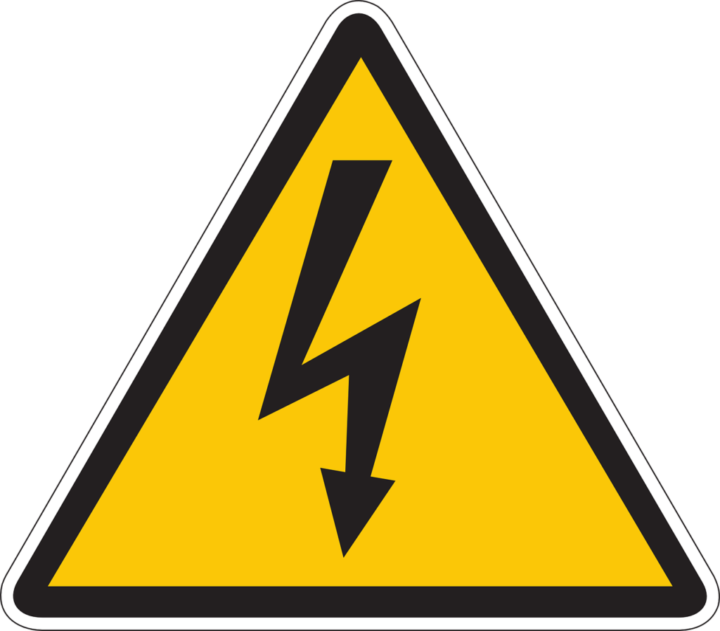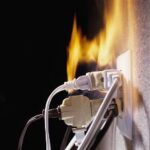Electrical Safety:
Electricity is an essential part of our lives. However, it also has the potential to cause great harm. The electrical system in your home will function almost indefinitely if it has been properly installed and if it is not overloaded or physically abused. Electrical fires in our homes claim the lives of 485 Americans each year and injure 2,305 more. For instance, some of these fires are caused by electrical system failures and appliance defects, but many more are caused by the misuse and poor maintenance of electrical appliances, incorrectly installed wiring, and overloaded circuits and extension cords.
- Never use anything but the proper fuse to protect a circuit
- Find and correct overloaded circuits
- Never place extension cords under rugs
- Outlets near water should be GFI-type outlets
- Don’t allow trees near power lines to be climbed
- Keep ladders, kites, equipment and anything else away from overhead power lines
Electrical Panels
Electricity enters the home through a control panel and a main switch where one can shut off all the power in an emergency. These panels are usually in the garage. Control panels use either circuit breakers or fuses. Use caution to install the correct fuses for the panel and never use a greater numbered fuse or a metallic item such as a penny. If fuses are used and there is a stoppage in power, look for the broken metal strip in the top of a blown fuse. Replace the fuse with a new one marked with the correct amperage. Reset circuit breakers from off to on. Be sure to check why the fuse or circuit blew. Possible causes are frayed wires, overloaded outlets or defective appliances. In addition, never overload a circuit with high wattage appliances. Check the wattage on appliance labels. If there is frayed insulation or a broken wire, a dangerous short circuit may result and cause a fire. If power stoppages continue or if a frayed or broken wire is found, contact an electrician.
Outlets and Extension Cords
Make sure all electrical outlets are three-hole, grounded outlets. If there is water in the area, there should be a GFI or Ground Fault Interrupter outlet. All outdoor outlets should be GFIs. There should be ample electrical capacity to run equipment without tripping circuit breakers or blowing fuses. Minimize extension cord use. Most importantly, never place them under rugs. Use extension cords sparingly and check them periodically. Use the proper electrical cord for the job, and put safety plugs in unused outlets.
If you have concerns about the electrical safety for your home and would like to schedule an inspection, please click here to contact Frontline Property Inspections. We are happy to help!




